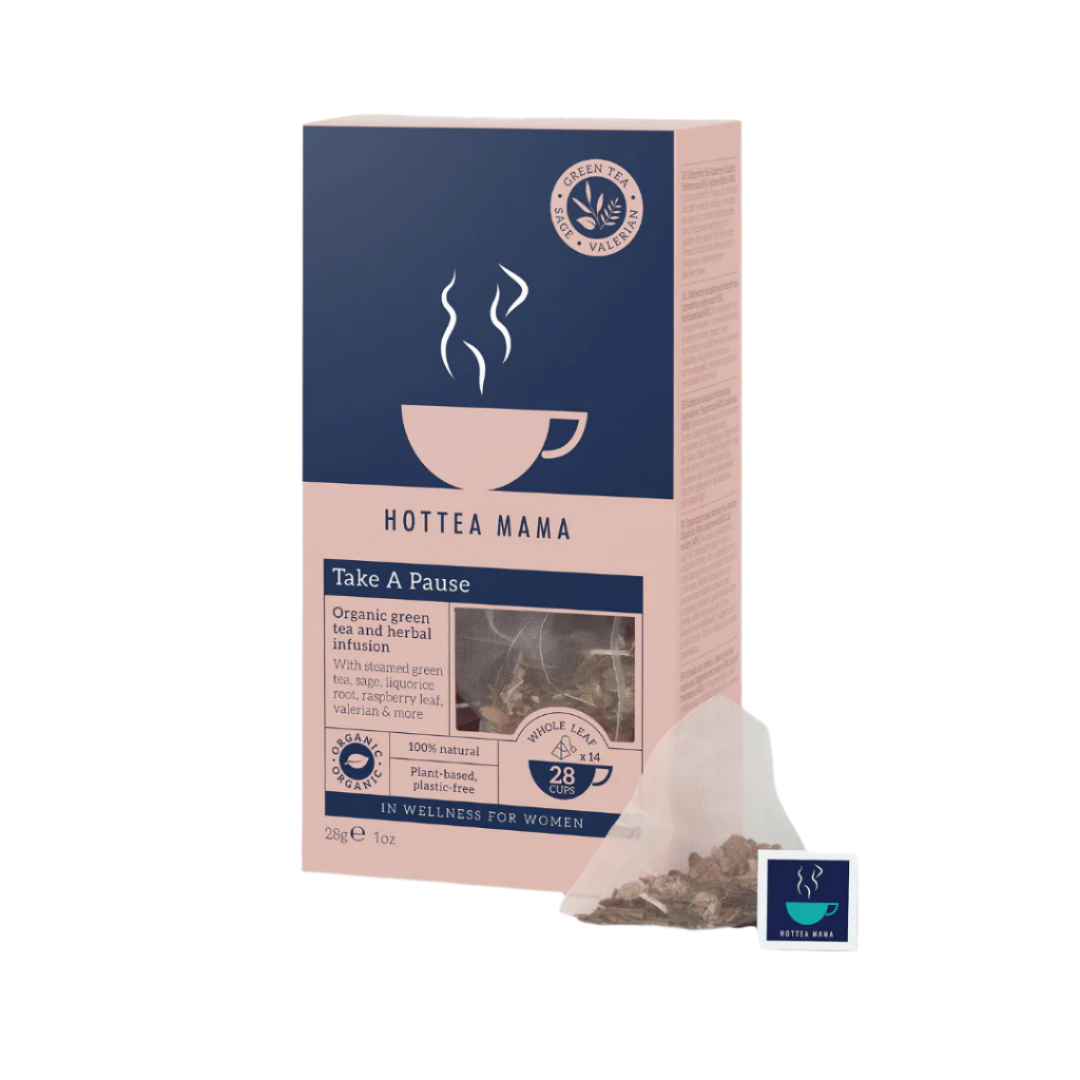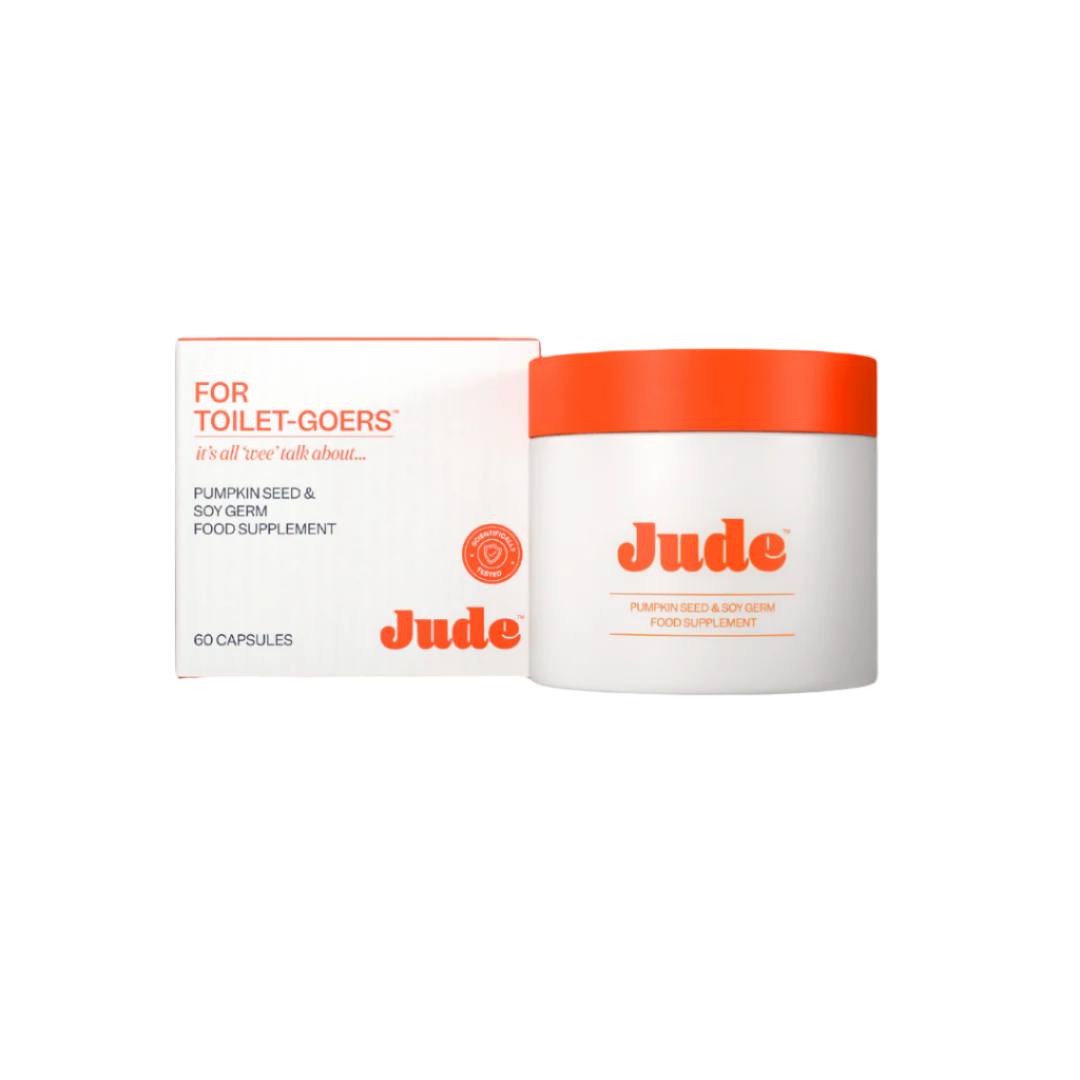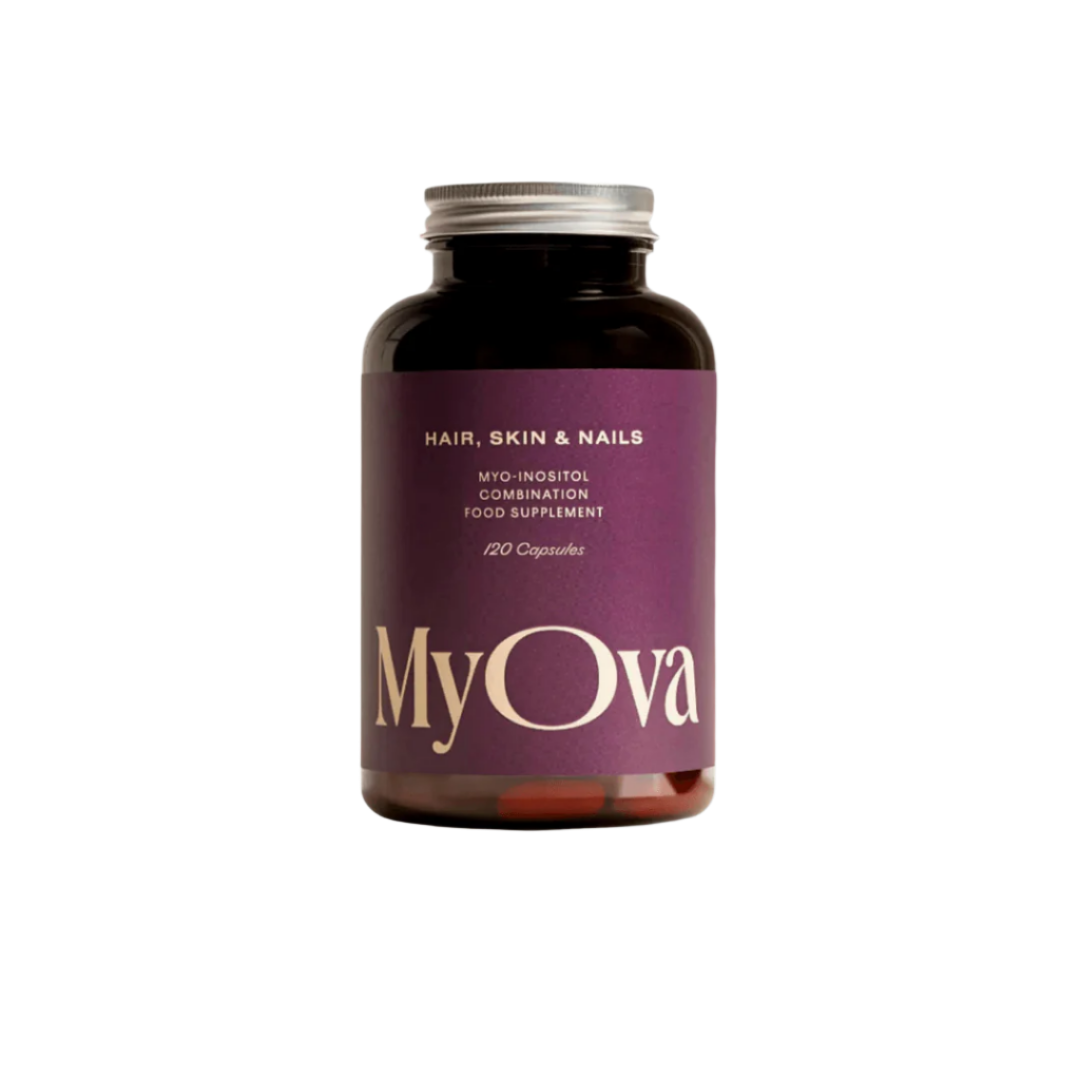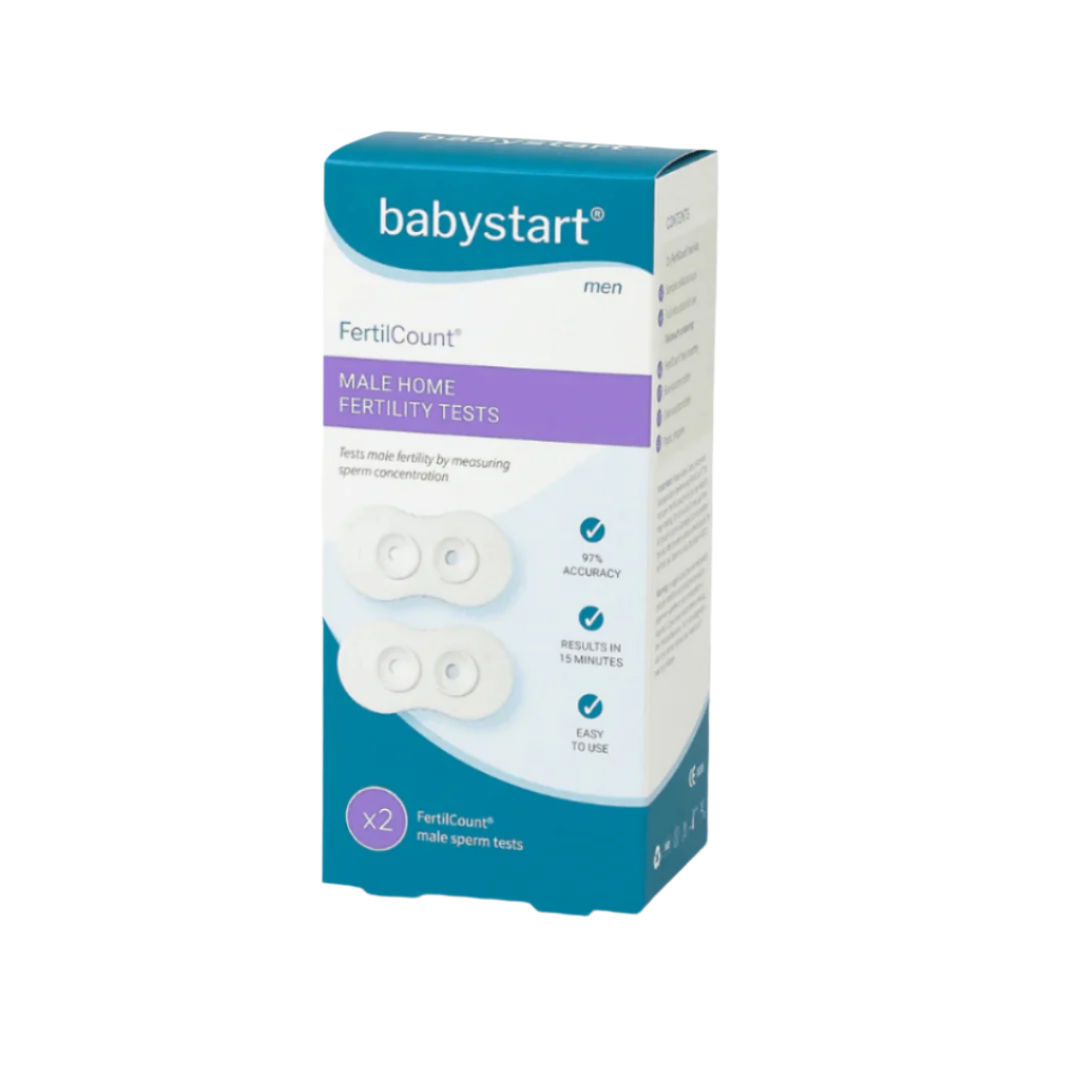Daye says unlocking your happy hormones is the key to enhancing mental health and positive emotions, as revealed in the latest blog. Serotonin, dopamine, oxytocin, and endorphins play a pivotal role in feelings of contentment, relaxation, euphoria, and love. The blog encourages self-reflection on how often these happiness-inducing hormones are activated, offering insights into emotional needs and overall mental well-being. A big thank you to Daye for shedding light on the science of happiness and offering actionable steps to elevate our mood and mental health.
Written by Stacey Carter
Activating you happy hormones triggers positive emotions that boost your mental health - the trick is knowing how to unlock them.
The feelings that we often associate with happiness, such as contentment, relaxation, euphoria, and love and affection, originate from four specific happy hormones that circulate around our body – serotonin, dopamine, oxytocin and endorphins.
We can learn a lot about our emotional needs and our mental wellbeing by thinking about how many times we’re activating these specific hormones over the course of a week, or even day to day. You may come to realise that you’re getting ample oxytocin from cuddling your partner, but if you’re not factoring in a daily sunshine walk or eating a diet rich in serotonin-friendly amino acids, you’re likely to be low on those mood-balancing happy hormones.
The good news is that boosting your body’s output of these happy hormones is a lot simpler than you might think. For example, you can experience endorphins by doing physical exercise and oxytocin from giving someone you love a big hug. To find out exactly how these hormones work in the body and what we can do to get our daily dose of them, we consulted the experts.
What are happy hormones?
The key players here are serotonin, endorphins, oxytocin, and dopamine. Each hormone is a neurotransmitter, meaning they relay key messages throughout the body. According to a study from the Neuroscience & Biobehavioral Reviews, these happy hormones are responsible for a whole host of different functions, influencing how we respond in social situations, to determining what motivates and drives us to participate in different behaviours.
“All these hormones are released in the brain,” explains Dr Nicky Keay, a Hormone Health Expert and a Sports and Dance Endocrinologist. “For example, endorphins are a short-term, short-range neurotransmitter often released during exercise. Serotonin is a neurotransmitter and the basis for some antidepressant medications. Oxytocin is better known as the ‘love hormone’, which is most commonly known as the one that bonds baby to mother. Finally, we have dopamine, the reward hormone that is released by doing or achieving something.”
At certain points in your menstrual cycle, your happy hormones will see-saw because serotonin levels are linked to oestrogen and progesterone – which often fluctuate just before your period, which is why many people experience mood swings around this time of the month. The link between birth control and mood swings is partly due to the influence some oral contraceptives have on hormones. In one study from the Journal of Comprehensive Psychiatry oestrogens in oral contraceptives were proven to reduce the level of serotonin available in the body.
Boosting your happy hormones is not a substitution for professional help if you’re feeling chronically anxious or depressed or you’re suffering from PMDD, but becoming clued up on how to unlock them can help you keep tabs on your emotional and mental wellbeing.
So which are the four happy hormones that can boost your mood?
1. Serotonin
Serotonin is one of the primary happy hormones associated with good mood. From helping to regulate anxiety to promoting quality sleep, serotonin has a major role to play in the body.
“Serotonin or 5HT(5-hydroxytryptamine) is the original ‘happy hormone’,” says Dr Fiona MacRae, a specialist in integrative women's health and bioidentical hormone balancing for the Marion Gluck Clinic. “It mediates positive emotional responses and low levels of serotonin are associated with negative emotions, such as depression, but also anxiety, insomnia, and binge eating.”
Getting your daily serotonin hit isn’t hard. Daily exposure to sunlight has been proven to increase serotonin as have nature walks and even nostalgia.
“There is an interaction in the brain between mood and memory that when combined with the part of the brain that is associated with attention, can trigger the production of serotonin,” says Mairéad Molloy, a Member of the British Psychology Association and a relationship consultant from the Private Therapy Clinic. “This can happen when thinking about a vivid, happy memory, or perhaps looking through photos of a fun family holiday or wedding day.”
You can also facilitate the production of serotonin in your body by focusing on your diet, as Dr MacRae explains: “We can boost our levels of serotonin by increasing tryptophan in our diet as this facilitates the production of this hormone. Tryptophan-rich foods include lean white meats such as chicken and turkey, as well as dairy products such as cheese.”
2. Endorphins
If you’ve ever experienced a runner’s high, then you’ll know that endorphins can be a surefire way to boost your mood. In fact, research from the Frontiers in Psychiatry showed that regular exercise (namely aerobic or moderate-intensity exercise) releases and binds endorphins to the brain.
“Endorphins are real feel-good hormones,” says Dr MacRae. “They have many benefits, including reduced symptoms of depression; the easing of stress and anxiety; increased confidence and self-esteem; and the regulation of appetite and beneficial weight loss. They can also alleviate pain and stress, as they boost the production of another hormone associated with mood, dopamine. ”
Your body is most likely to release endorphins following physical exercise, but this happy hormone can also spike when listening to a piece of music you particularly enjoy or during laughter. To stay comfortable while exercising, consider trying the DAME High Waist Period Pant, which ensures confidence and comfort even during menstruation.
“One of the simplest ways to boost natural endorphin levels is through exercise, typically running, but also swimming, power walking and dance,” says Dr MacRae. “There are also certain foods that will boost your production of these chemicals. Dark chocolate contains a group of n-acetylethanoloamine chemicals that have been shown to increase endorphin production and this may be why some women crave chocolate just before their period.”
3. Oxytocin
Oxytocin, sometimes known as the love hormone, is what helps us make and maintain bonds with others. Research from the Journal of Cell Metabolism shows that this happy hormone has a positive impact on social behaviours, such as relaxation and trust, meaning that it can help with feelings of anxiety. Oxytocin also impacts the emotional bonds experienced in pregnancy, childbirth and nursing.
“Oxytocin can also help promote trust, empathy, and bonding in relationships,” says Molloy. “Levels generally increase with physical affection, so you can get a boost of oxytocin by doing pleasurable things such as spending time cuddling with your partner, your kids or your pet(s), rather than spending time on social media.”
4. Dopamine
Responsible for a large part of your goal-related behaviour, dopamine creates reward-seeking loops in your mind that result in a boost of satisfaction.
“Along with adrenaline and noradrenaline, dopamine is part of the catecholamine family of neurotransmitters,” says Dr MacRae. “Dopamine secretion increases in response to pleasurable experiences, like praise, falling in love, food, sex, and shopping.”
Dopamine may cause a surge of positive feelings, but it’s good to be conscious about what’s triggering this particular hormone. Positive ways to increase dopamine production include incorporating a regular meditation practice into your day, to participating in your favourite hobby.
“You can improve dopamine synthesis by including high magnesium and tyrosine-rich foods into your diet,” says Dr MacRae. “This includes chicken, almonds, apples, avocados, beets, green leafy vegetables, sesame and pumpkin seeds, turmeric, tomatoes, and bananas. Chocolate is also known to boost dopamine.”
There’s no quick fix when it comes to happiness, and if you are struggling with a consistently low mood, it’s important you reach out to a medical professional for help. Factors such as lifestyle, emotional resilience, mindset and physical health can all influence our mental state, but by understanding what triggers those feel-good feelings, we can make room in our day-to-day for some of the positive behaviours listed above. For example, by adding a meditation practice to your morning routine, going on a run at lunchtime, and then scheduling a catch-up with your friend after work, you’ve already ticked off three of the four happiness hormones. So, if you feel a little down in the dumps, or suffer from low mood near or around your period, it could be worth using the guide above to consider what happiness hormone has been lacking from your life lately, and what you can do to prioritise it.









